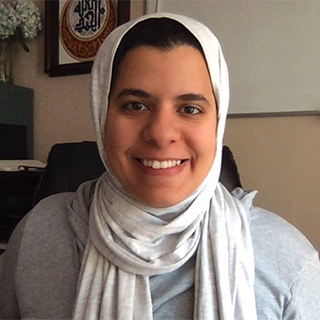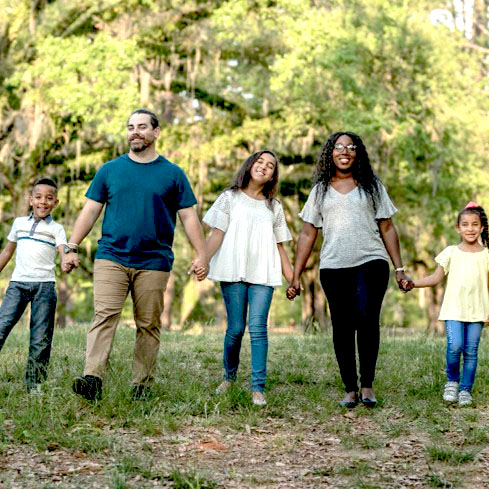UConn HDFS Graduate Program Ranked in Top Ten in North America
Graduate students in UConn’s Human Development and Family Sciences department study the diverse ways in which individuals develop within their social and familial contexts across the lifespan.
They examine theory, develop and evaluate intervention/prevention programs, and engage in research to advance the field and, above all, to benefit the lives of individuals and families globally.
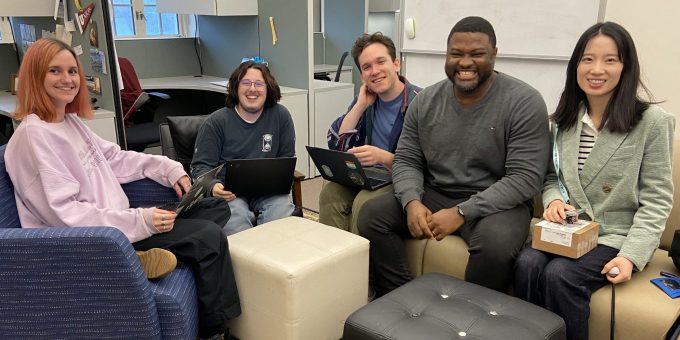
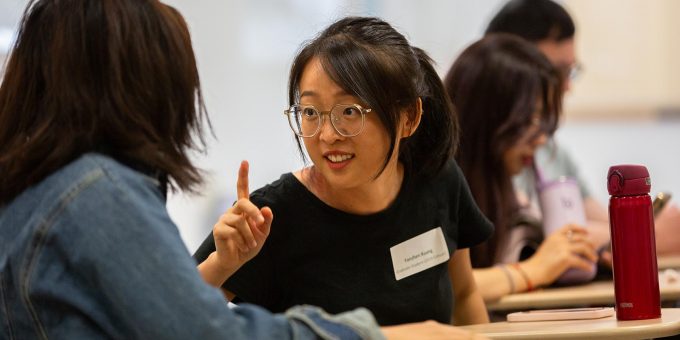
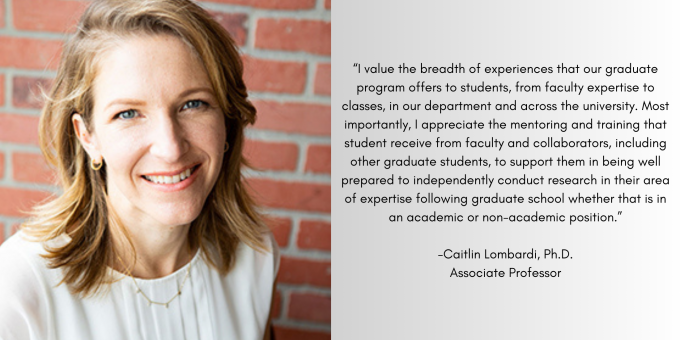
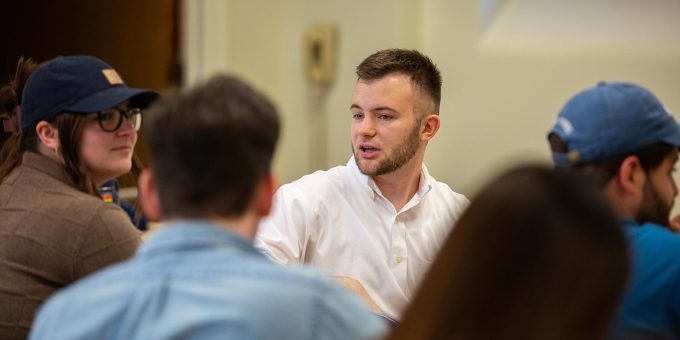
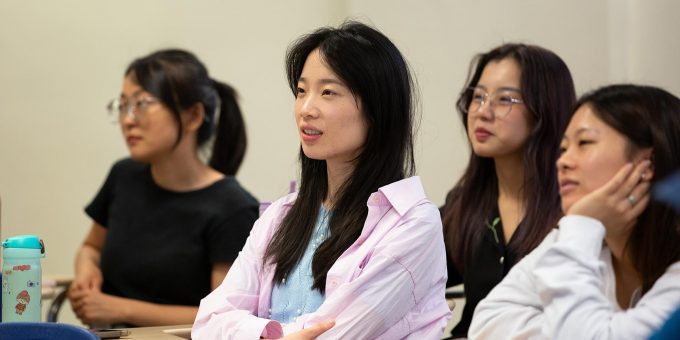
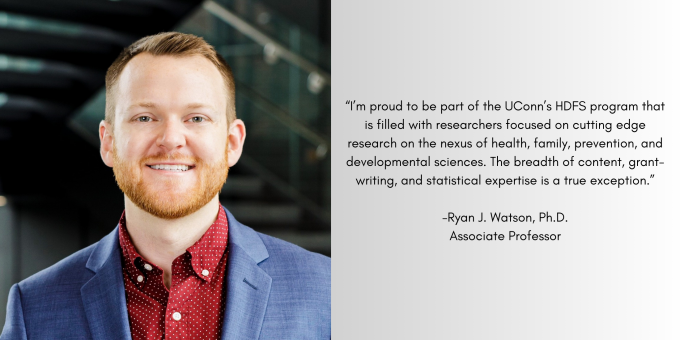
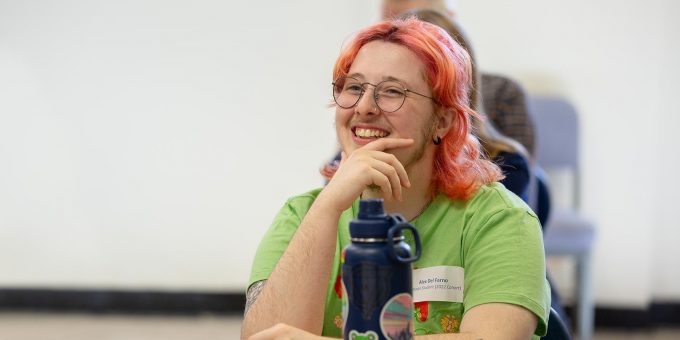
The HDFS program at UConn allows students to earn either a Master's or Doctoral degree. Please note, our Master’s program is research-focused and intended to prepare students for subsequent doctoral studies. HDFS research interests cluster in five overlapping areas of specialization. Applicants should contact faculty in their interest-area to learn about openings anticipated in the upcoming admission cycle.
Our Graduate Student Handbook is designed to provide you with basic information concerning what we have to offer, and what we expect of you. This handbook is not meant to displace or in any way void the Graduate School catalog. All University of Connecticut graduate students are held to the basic requirements and regulations of the Graduate School as designated in the catalog. In addition to the overall Graduate School requirements, this Handbook includes certain requirements that our Department has added.
In entering this program, you are joining a field that is being created at the present time. The career you make for yourself at the University of Connecticut and beyond will depend largely upon your own resourcefulness and initiative as you choose from the range of available options. Course requirements are oriented toward presenting you immediately with a content overview, a range of alternative academic and professional directions from which you can choose, and basic research skills. After that, the range of options available to you will depend largely on your choice of directions. Our programs are small enough to be tailored to your personal needs and goals, yet large enough to provide considerable diversity and exposure to a variety of perspectives.
Graduate Certificates
HDFS and the Graduate School offer a number of Certificate Programs in related disciplines to complement the HDFS Master's and Doctoral degrees:- Culture, Health, and Human Development
- Program Evaluation
- Health Psychology
- Quantitative Research Methods
- College Instruction
- Addiction Science
- Disability Studies
- Human Rights
Quote from previous HDFS graduate student:
“I loved the community I was surrounded by at CHHD. There, I worked with faculty who are among the best researchers in cross-cultural parenting. They went above and beyond in helping me professionally, academically, and personally.”
-Jia Li Liu, (Ph.D. ’18, Calvin J. Li Fellow in the Asian American Studies Program at The University of Maryland, College Park)
